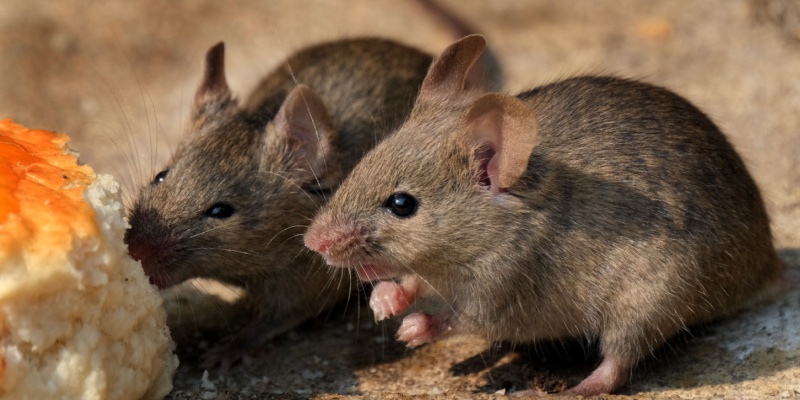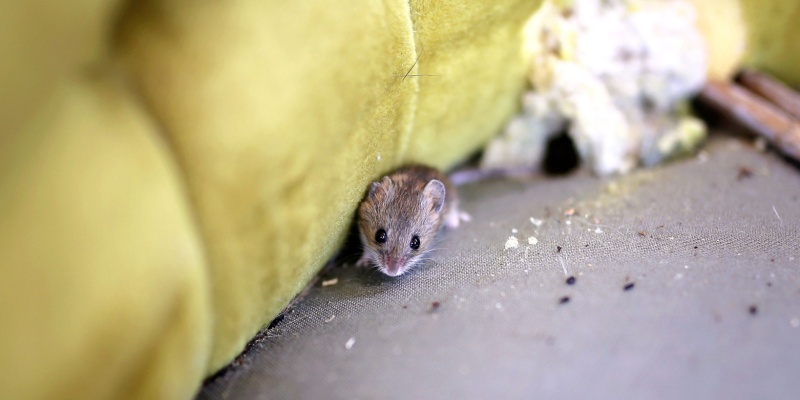Mice infestations can be a persistent and challenging problem for homeowners. Despite their small size, mice are incredibly resourceful and resilient, making them difficult to eliminate once they’ve established themselves in your home. Here’s a closer look at why mice are hard to get rid of and what makes them such formidable pests:
Mice are Awake When You’re Asleep
Mice are nocturnal creatures, meaning they are most active at night when humans are asleep. This behavior allows them to go undetected for long periods, often leading to a significant infestation before homeowners realize there is a problem. Their nocturnal habits also make it more difficult to observe and capture them.
Mice are Great at Finding Hiding Spots
Mice are adept at finding and creating hiding places within homes. They can squeeze through tiny openings as small as a dime, allowing them to access areas that are hard to reach, such as inside walls, attics, and crawl spaces. This ability to hide in small, dark places makes it challenging to locate and eradicate them completely.
Mice are Agile and Have Quick Reflexes
Mice are incredibly agile and have quick reflexes, allowing them to evade capture easily. They can run up to eight miles per hour, climb vertical surfaces, and jump considerable distances. This agility makes traditional trapping methods less effective and requires a more strategic approach to eliminate them.
Common Signs of Mice Infestation
Understanding the signs of a mouse infestation can help you address the problem before it gets out of control. Look for the following indicators:
- Droppings: Mouse droppings are small, dark, and pellet-shaped. They are often found near food sources, in cabinets, and along baseboards.
- Gnaw Marks: Mice gnaw on various materials, including wood, plastic, and wires. Look for signs of chewing on furniture, walls, and electrical wiring.
- Nests: Mice build nests using soft materials like shredded paper, fabric, and insulation. Nests are usually hidden in secluded areas.
- Scratching Noises: If you hear scratching or scampering sounds at night, especially in walls or ceilings, it’s likely that mice are present.
Get Help from a Professional
If you have tried DIY methods and they are not yielding results, or if the infestation is severe, it’s best to call a professional pest control service. Professionals have the expertise and tools to effectively eliminate mice and prevent future infestations. The pros can conduct a thorough inspection, identify hidden nests, and use advanced treatments that are more effective than over-the-counter solutions.
Mice are hard to get rid of due to a number of factors, including the fact that they are awake when you’re asleep, they have excellent hiding skills, along with adaptability and agility. However, taking proactive DIY measures and seeking professional help when necessary can help control and eliminate mice from your home. Regular monitoring and maintenance are crucial for long-term control. By understanding the challenges and employing effective strategies, you can protect your home from mice infestations and maintain a safe and healthy living environment. Get in touch with TrueNature Pest Control today to schedule services that will help you eliminate mice from your home.





